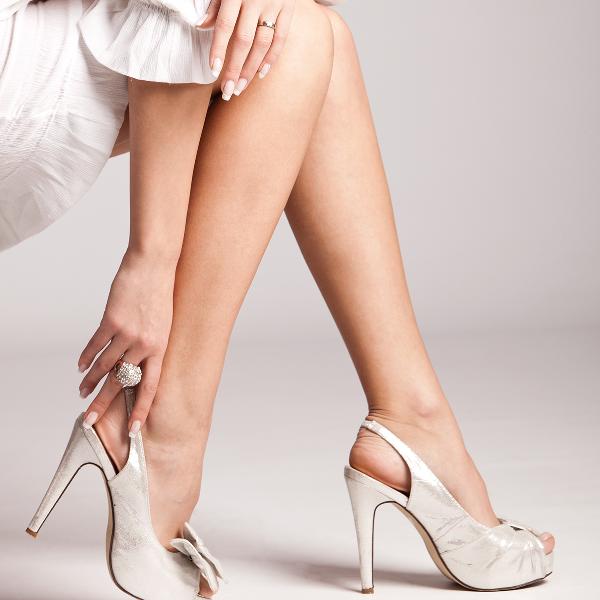Body hair in various parts of the body can shed due to metabolism, but it generally doesn’t fall out excessively, including pubic hair. However, many women experience significant pubic hair loss, often finding shed hair in their underwear or on bed sheets. Is pubic hair loss a sign of any disease? Let’s dive in and find out.
Is Pubic Hair Loss a Sign of Any Disease?
1. Normal Situation
For most women, pubic hair loss is a normal physiological phenomenon caused by metabolism. Pubic hair is renewed approximately every six months, and some shedding occurs daily. As women age, pubic hair loss increases, and the hair gradually becomes sparser. This is a normal process and not a cause for concern, as it is not a sign of any disease.
2. Pituitary Prolactinoma
Pituitary prolactinoma is one of the more common functional pituitary adenomas, with a higher incidence in women than in men. It can occur in women of any age. Due to increased prolactin levels in the blood, female patients often experience symptoms such as amenorrhea, headaches, and irregular menstruation, accompanied by pubic hair loss. In men, the condition may present as sexual dysfunction and pubic hair loss.
3. Hypopituitarism
Hypopituitarism, also known as Simmonds' syndrome, refers to a group of symptoms caused by the pituitary gland’s inability to produce sufficient hormones. This condition is more common in women who have experienced postpartum hemorrhage, as pituitary necrosis is its most frequent cause. Other causes include pituitary tumors or damage to the pituitary or hypothalamus during surgery. If a woman has not experienced postpartum hemorrhage or undergone surgery, a pituitary tumor should be suspected. Symptoms of hypopituitarism include rapid weight loss, amenorrhea, infertility, and hair and pubic hair loss in women.
4. Endogenous Obesity
Endogenous obesity is caused by hormonal imbalances in the body, primarily due to poor metabolic function and excessive insulin secretion, which reduces fat breakdown and gradually leads to obesity. Women with endogenous obesity may also experience pubic hair loss due to hormonal influences. If a woman is already overweight, she should be cautious about this potential cause of pubic hair loss and seek treatment and proper management.
In conclusion, while pubic hair loss in women can be a normal physiological phenomenon, it can also be a sign of underlying diseases. It’s important to take it seriously to avoid overlooking serious health issues.
























